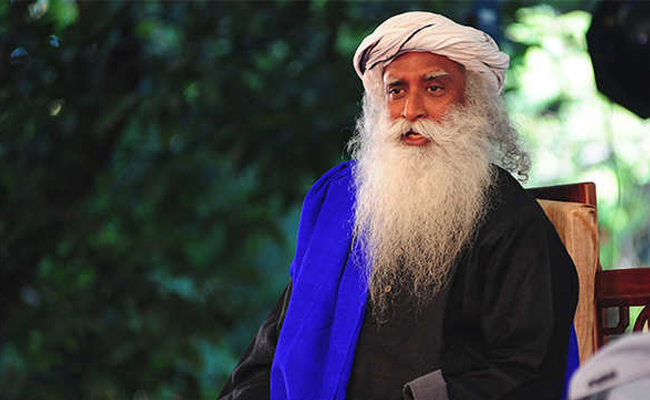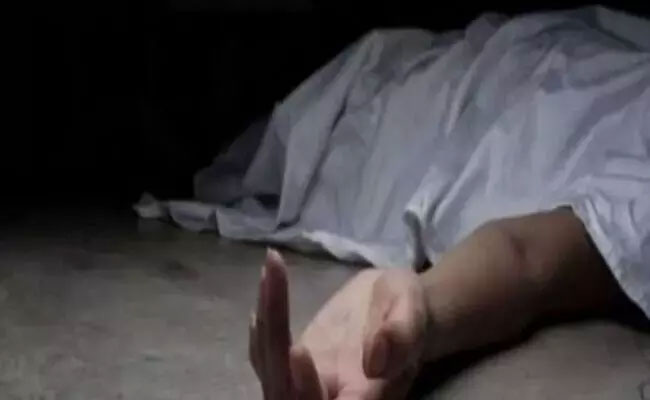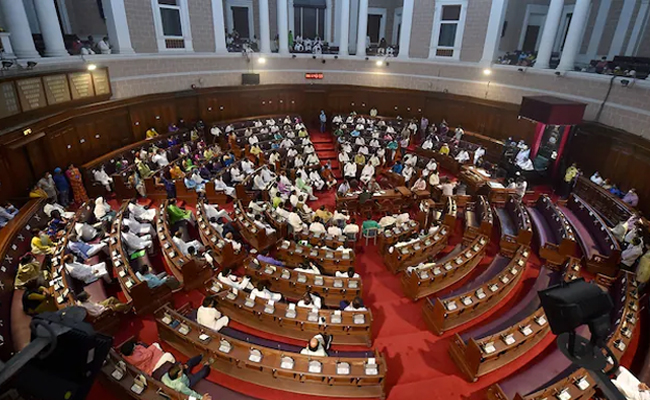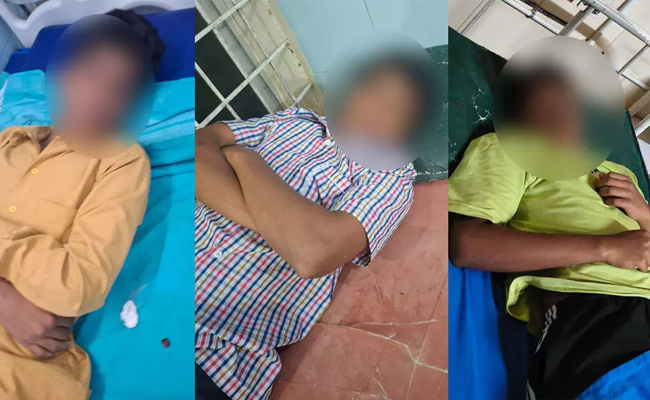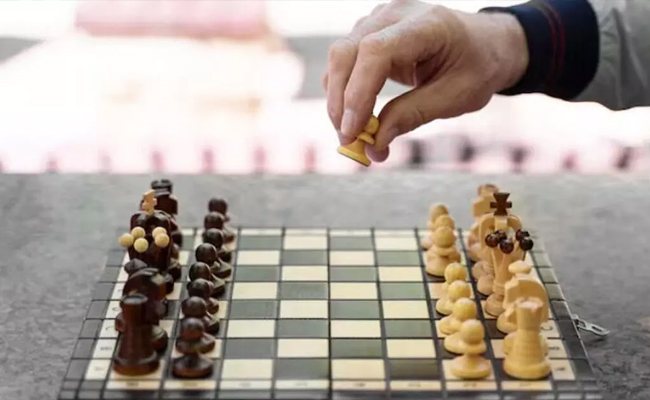Chennai: The founder of the Isha Foundation, Sadhguru Jaggi Vasudev, has come under fire from the Madras High Court for pushing young women to renounce their material lives even though he had arranged his daughter's marriage. The court questioned this while hearing a case filed by retired professor S. Kamaraj, who stated that his two highly educated daughters had been "brainwashed" into living permanently at the Isha Yoga Centre.
Judges S.M. Subramaniam and V. Sivagnanam's bench seemed uncomfortable when the two women—ages 42 and 39—appeared in court today. The two women argued, however, that they were not being kept against their will and were staying at the Isha Foundation of their own free will. The parents testified that their lives were permanently damaged because their daughters had "abandoned" them, and this was as much evidence as they had been claiming for the entire ten years of this lawsuit.
In response, the Isha Foundation made it clear that participants voluntarily join the group. "We honor personal preferences. People travel to Isha for a variety of reasons, including marriage and monastic life, but they are not forced to do either," a Foundation spokesman stated. They claim that there is only one case against the organization that is pending at the police stations right now, and that the court has halted another.
However, the court desired further investigation. It demanded a list of every case involving the Isha Foundation. The court's intimation implied, in a sense, that the investigation had been scoped up. Sivagnanam laughed, "We want to understand why somebody who arranged for his own daughter's marriage is encouraging other daughters to shave their heads and live like hermits."
Let the Truth be known. If you read VB and like VB, please be a VB Supporter and Help us deliver the Truth to one and all.
New Delhi (PTI): A 32-year-old barber was arrested on Wednesday for allegedly beating a man to death following an altercation over a 'bidi' in east Delhi's Pandav Nagar area, police said.
A call regarding the incident that occurred near the bus stand road in Shashi Garden was received at 1.24 am, they said.
The victim was identified as Deepak (28), while the accused was Manoj, he added.
According to the police, during an argument, the accused picked up a wooden stick lying nearby and struck the victim repeatedly on the head. Multiple injuries and bruise marks were also found on the victim's forehead.
"Deepak was taken to Lal Bahadur Shastri Hospital, but doctors declared him brought dead," an officer said.
An FIR has been registered and further investigation is underway, the officer added.

